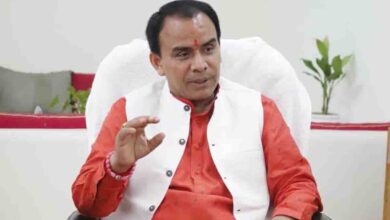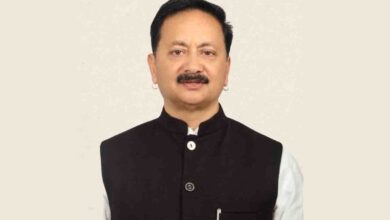Ayurvedic treatment for pancreatitis receives validation: Prakash

Tuesday, 16 APRIL 2024 | PNS | DEHRADUN
The Padaav Speciality Ayurvedic Treatment Centre (PSATC) in India recently received validation for its treatment of pancreatitis by the Central government. The information was shared by the chief ayurvedic physician of PSTAC and Padma Shri awardee Balendu Prakash while addressing the media here on Monday.
He said that chronic pancreatitis is an inflammatory condition of the pancreas that worsens over time and leads to uncontrolled blood sugar levels in a significant percentage of cases. Common symptoms of this condition include intense abdominal pain, vomiting, nausea, digestive issues and weight loss. He stressed that allopathy currently lacks a long-term solution for chronic pancreatitis. In view of this, they had prepared the Ayurvedic treatment for the ailment which was prepared utilising copper, mercury and sulphur. Following successful results, the PSATC filed a patent application in 2014 with the assistance of the Ministry of Sciences and Technology in Uttrakhand. After considerable efforts, the Central Government recently approved for their Ayurvedic treatment for pancreatitis in India. Notably, this marks the first validated ayurvedic treatment for pancreatitis in India, he added.
Commenting about the ailment, Prakash mentioned that approximately 2,000 individuals, especially children under the age of 18, are currently afflicted with pancreatitis. Contrary to common belief associating alcohol consumption with a higher risk of this ailment, it is observed that eveb those who abstain are experiencing it at an alarming frequency. Prakash emphasised that inadequate treatment of pancreatitis can sometimes progress to cancer. Acknowledging this, the Ayurvedic treatment provided by their facility plays a crucial role and has successfully treated numerous individuals with this condition. He further emphasised that this mercury-based Ayurvedic treatment, which has been patented for its authenticity, could potentially revolutionise medical practices worldwide.






